 Ah, grammar. The red-headed stepchild of the novel-writing process that we would much rather forget about. Yet our dangling modifiers and askew apostrophes glare up at us from the page like brilliant eyesores, demanding we admit defeat.
Ah, grammar. The red-headed stepchild of the novel-writing process that we would much rather forget about. Yet our dangling modifiers and askew apostrophes glare up at us from the page like brilliant eyesores, demanding we admit defeat.
Talk about sucking all the fun out of your creativity.
Writers want to be free to frolic through the fields of their imaginations, not chained down by the stuffy rules your English teacher droned on about. Who cares about past participles or semicolon placement? But our readers expect flawless grammar. And at times, it’s enough to make even the most seasoned of writers want to bash their head against their keyboard and hope for the best.
Please don’t bash your head against the keyboard.
Though a lot of anxieties and frustrations can arise over grammar, I don’t want you to let it stand between you and the novel you want to write. Fear not my grammatically challenged friend–you can learn how to wield grammar just as you can learn how to write a story.
Shall we begin?
Do You Need Good Grammar to Write a Novel?
First, I feel that there is a misconception I must clear up. I’ve had several new writers express their concerns to me about their lack of grammar savvy. They’ll say things along the lines of: “I suck at grammar, I’m worried I won’t be able to get my story published” or, “My grammar is awful, can I still write a book and become an author?”
Sound familiar? Well, I have some good news for you, friend! You don’t have to be a grammar whiz to write–and publish–a novel. I think new writers often tend to confuse good grammar with good writing, but one does not necessarily equal the other!
Good writing is knowing how to choose the most effective words, write descriptively, vividly, and concisely, and create realistic worlds, characters, and dialogue. Sure, correct grammar and spelling help, but they’re not what I use to judge the quality of a story. Why? Because mistakes like that usually don’t survive to see the published draft.
You see, bad grammar can easily be fixed with editing; bad storytelling, however, can’t. Your skills as a storyteller are far more important than your grammar skills. An agent or publisher may overlook poor grammar if you have a fantastic story–after all, that’s why they have editors.
So my advice is this: Don’t stress yourself out over your grammar. Do the best you can, but put the majority of your efforts into building your storytelling skills.
Now, that being said, of course this doesn’t mean you shouldn’t try to improve your grammar! Good grammar does help. Agents and publishers like to see well-polished writing because it means less work for them (or rather, their editors). Good grammar also helps make you look more professional, intelligent, and experienced.
So how can you improve your grammar skills? Keep reading for my favorite grammar resources and tips!
1. Have a Grammar Guide for Review and Reference
Buying a book (or two) on grammar to refresh your memory is a great starting point. It also helps to have one on hand for reference for those moments when you get hung up on tricky words or sentences! Here are some fantastic grammar handbooks to consider:
- The Elements of Style by Strunk and White
- Grammar Girl’s Quick and Dirty Tips for Better Writing
- Merriam Webster’s Guide to Punctuation and Style
- The McGraw-Hill Handbook of English Grammar Usage
2. Use a Grammar/Spelling Checker
Most word processing programs have a built-in grammar and spelling checker that does all the work for you–underlining your mistakes and then providing suggestions for corrections which you can then fix in a couple simple clicks.
So make sure these options are turned on and you’re taking advantage of them! To turn on your grammar and spelling checker in Word go to File>Options>Proofreading and check the boxes according to your preferences.
Another grammar and spelling checker worth looking into is Grammarly. This program claims to catch even more errors than Word’s built-in proofreader!
A word of warning, however: these automatic proofreaders are a fantastic help, but they’re not perfect. I’ve noticed that occasionally they make incorrect suggestions, or miss a mistake. It doesn’t happen often but it does still happen, which is why it’s good to know your stuff and proofread your story on your own!
3. Put Your Dictionary to Use
A dictionary is a good resource to have if you find yourself frequently needing to check the spelling, definition, and proper usage of various words. My favorite dictionary resources are:
3. Be Aware of Common Mistakes
Everyone has trouble with different words. Know which words you tend to mix up, misspell, and misuse, and be on the lookout for them. Better yet, make yourself a “cheat sheet” of your trouble words for easy reference so you can look up the correct usage quickly. Here are some resources to help you out:
- Common Errors in English Usage complied by English professor Paul Brians of Washington State University, and also available in e-book format for Kindle
- Commonly Misused Words and Phrases
- Commonly Misspelled Words
4. Grammar Girl is Your Friend
Stuck and need a quick answer? Search for your answer on Grammar Girl to get an easy-to-understand, simple yet thorough explanation with examples! This is my go-to resource when I get hung up on confusing things like whether to use who or whom, or where to place a tricky apostrophe or hyphen.
5. Hire an Editor
If you’ve done the best you can and you’re still worried about the grammar in your novel, you may want to consider hiring an editor before submitting it for publication. I would only recommend this if your novel is extremely rough as these services are pricey, and if your novel gets picked up by a publisher their editors will clean it up anyways.
The only exception to this is if you are self-publishing instead of going through a publisher who will provide the editors for you. Then hiring a professional editor is a must. The last thing you want is to publish a book riddled with grammar and spelling errors. Not only will it frustrate readers, but it will make you look sloppy and unprofessional.
6. Read, read, read! Write, write, write!
Finally, keep reading and writing as much as you can! The more you write and put your grammar into practice, the more you will learn. And the more you read, the more you will begin to develop a “feel” for how sentences should be constructed. Eventually, writing grammatically correct will become instinctive.
What do you find most challenging about grammar? Let me know in the comments!
Previous Posts in the Writing 101 Series:
Part 1: The Fundamentals of Story, Part 2: Writing Term Glossary, Part 3: Creating a Successful Hero & Villain, Part 4: Unraveling Tension, Conflict, and Your Plot, Part 5: Let’s Talk Dialogue, Part 6: Setting and World-building, and Part 7: Creating Effective Description.
Ready for Part 9? Click here to read about Discovering the Perfect Audience for Your Novel!










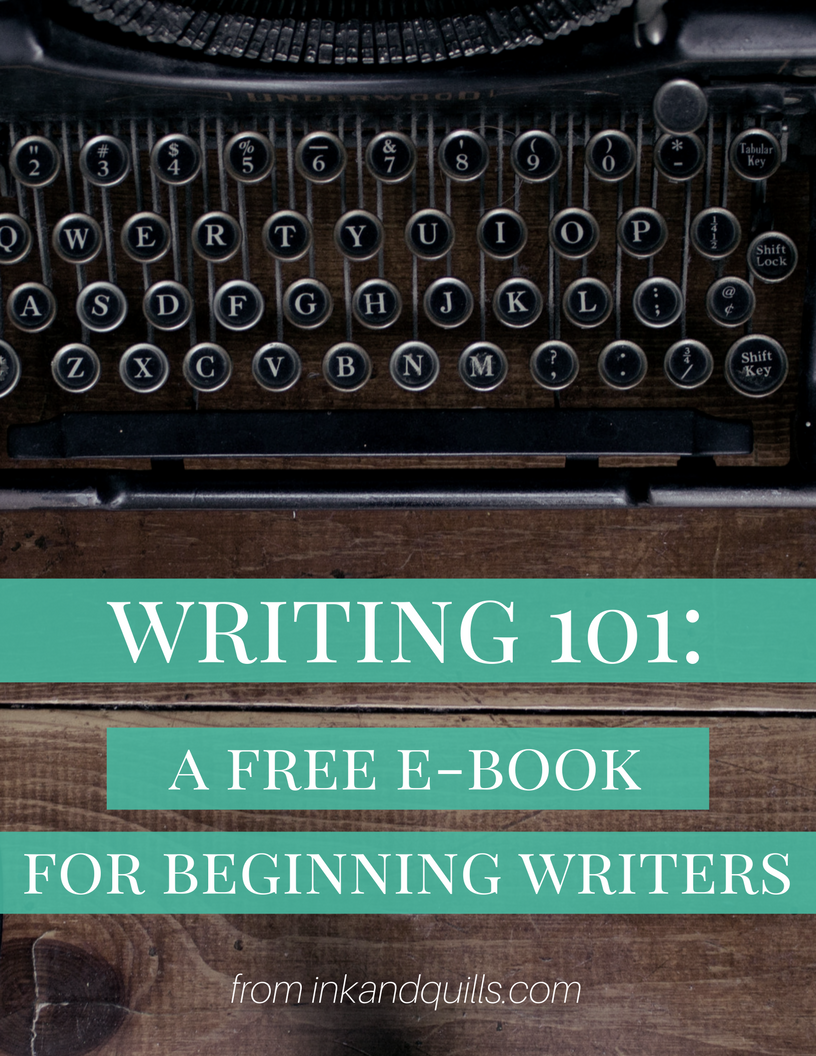

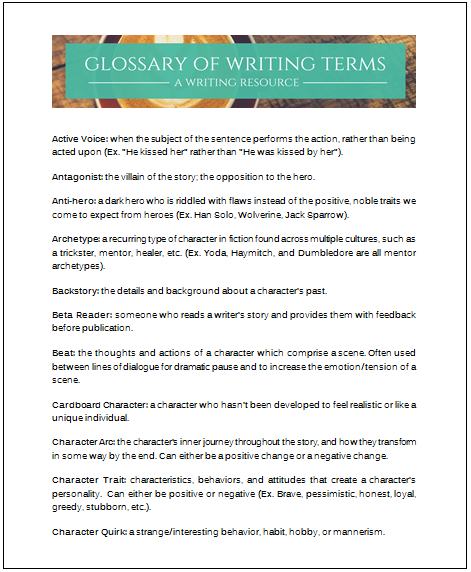

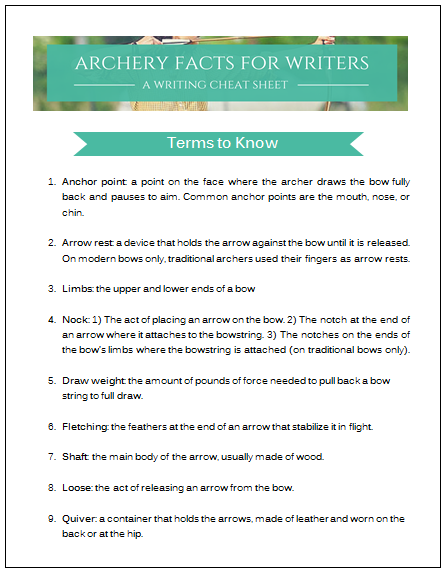



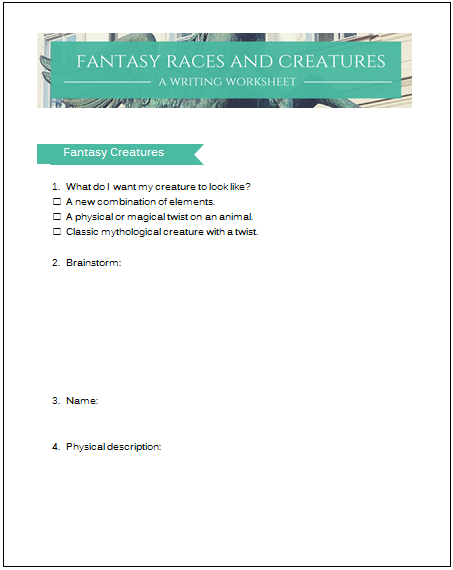


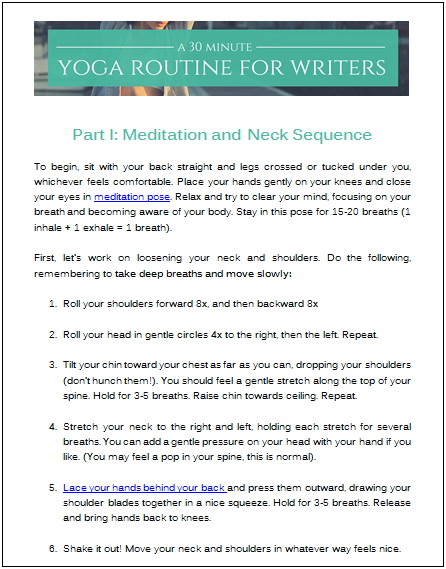
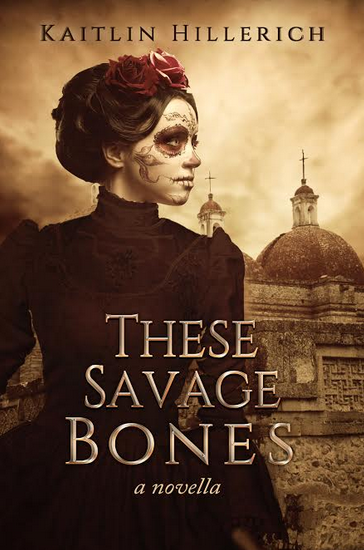
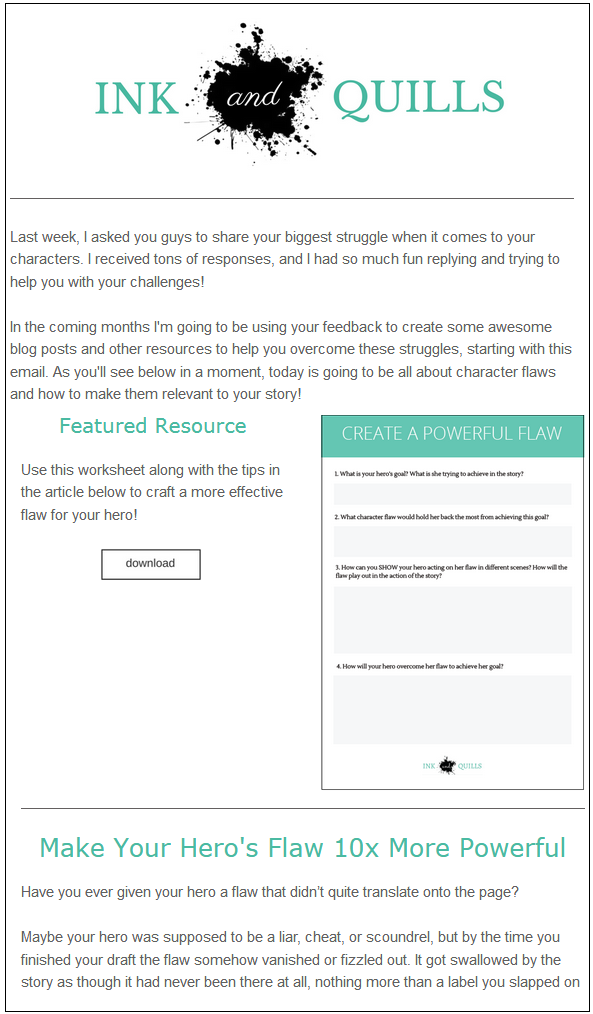
Now that I know there’s more ways to correct grammer; I feel more proud of my past amd present work I wanna publish thanks.
I like the line that bad grammar can be fixed through edit, but bad storytelling can’t. It’s so true. Worry about getting the piece finished first, and then go back and double check the grammar.
Great post. I love your photo for the blog. Did you create it yourself? How do you get the banner across it?
Thanks for sharing this informative post, Now, I know there’s more ways to correct grammar, I like the line that bad grammar can be fixed through edit, It is really informative and attractive post. I will recommend it to others . Keep up the good work.
Also, if anyone is interested in a good, book-length work that provides comprehensive coverage of punctuation, I recommend Harry Shaw’s PUNCTUATE IT RIGHT! It’ll do more to help you banish your worries about those pesky commas than any style book masquerading as a grammar book (and too many style books do exactly that).
Thanks so much for the recommendation, Gary! That sounds like an excellent resource!